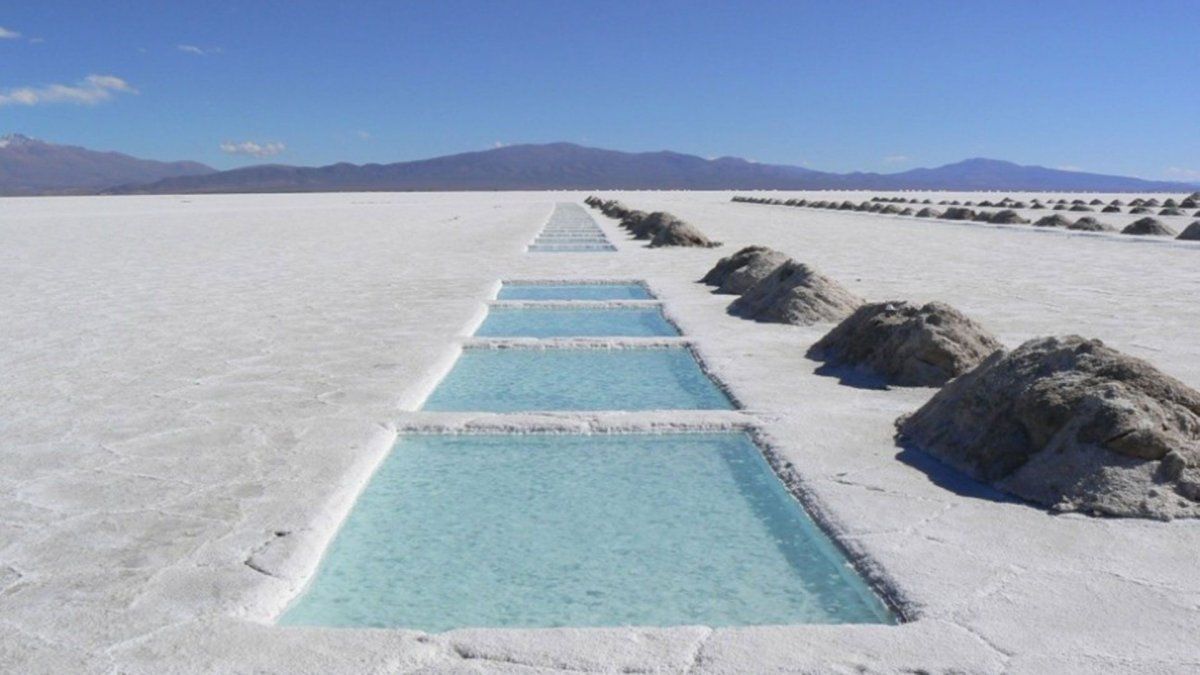Tauber made this announcement at the Institute of Theoretical and Applied Physicochemical Research (INIFTA), during the launch of the training course for Li-ion cell production plant operators.
There he announced that, if the deadlines for the delivery of the equipment are met, the factory would start operating before 2023.
“This factory is a clear example that the scientific and technological agenda of the UNLP is at the forefront of national development and the social agenda of our country. On the other hand, this course for operators demonstrates the importance of training human resources in the University School of Trades, at the service of academic developments and productive scientific advances”, Tauber assured.
The operator course is aimed at training a group of technicians already selected from those students who previously received training as industrial manufacturing plant operators at the UNLP School of Trades, some of whom will be the first operators of the lithium ion cell technology development plant.
The development plant for the manufacture of lithium ion cells and batteries will be located in the Center for Innovation and Technology Transfer, located at diagonal 113 between 64 and 66, in La Plata, a property that brings together old sheds from the former Obras Sanitarias, and that the University has been remodeling to concentrate different technological and production initiatives.
Félix Requejo, scientific director of the plant and director of INIFTA, explained that “the plant constitutes the first experience of one hundred percent national technology for the manufacture of lithium ion cells in Argentina.”
“There have been announcements for a long time about the development of various initiatives for the manufacture of lithium batteries in the country oriented to multiple applications. In all cases, it is the assembly of imported cells for the manufacture of these batteries,” detailed.
Requejo stressed that “this project, on the other hand, focuses on the very manufacture of the cells, scaling the “know how” achieved from its basic aspects -such as the synthesis of the active materials used for the cell electrodes- to install a own technology for the manufacture of cells. In this way, importing them is eliminated to generate a product with high added value where the natural resource of lithium is involved”.
The director of INIFTA explained that “the operation of the factory will demand raw materials available in the north of the country, so it is expected that this integration and development will facilitate and promote the location of new plants in different regions of the territory, with the particular dimensions that defines each demand”.
In the same sense, he maintained that “the use of own resources will optimize the costs associated with the raw material, making the product more competitive.”
This same integration scheme at the national level may be applicable to neighboring countries such as Bolivia or Chile, which also have natural resources, but today lack their own technological development for making cells, the researcher pointed out.
Source: Ambito
David William is a talented author who has made a name for himself in the world of writing. He is a professional author who writes on a wide range of topics, from general interest to opinion news. David is currently working as a writer at 24 hours worlds where he brings his unique perspective and in-depth research to his articles, making them both informative and engaging.




